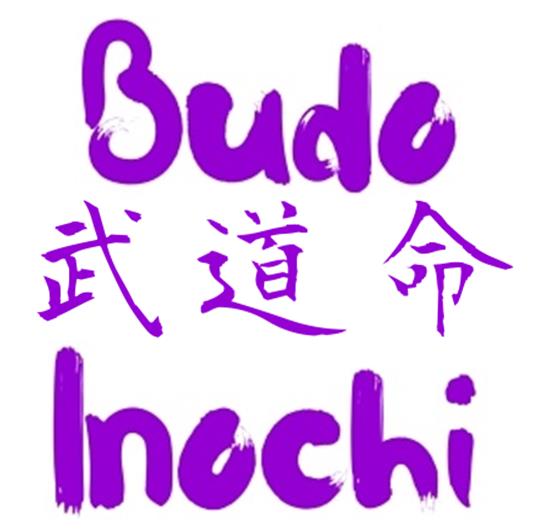Return to overview of all MARS conference panels
 This is Panel 3 of the 6th Martial Arts Studies Conference 2020. which has a theme of Martial Arts, Religion and Spirituality.
This is Panel 3 of the 6th Martial Arts Studies Conference 2020. which has a theme of Martial Arts, Religion and Spirituality.
The discussants for this panel are Peter Lorge and Laurent Chircop-Reyes. The panel is taking place on Wednesday 15 July 2020 at 13.00 Paris time (12.00 UK time).
If you’d like to watch the discussion please contact marsconf2020 [at] gmail.com for a free link.
During the discussion, everyone will be able to take part in the debates and post questions and comments live on the TEAMS chat-box.
The full abstracts and information about this panel are available here.
In this blog post, I’m going to quickly summarise each of the four presentations, to give you a flavour of what the discussion is likely to cover.
Please note that I’ve simplified the titles of the presentations, and the title of this panel overall, to make the information more accessible for non-academic readers. The original titles are listed on the MARS website . . .
Does the use of “hard” and “soft” in ancient Chinese martial arts texts show that they are grounded in religious Daoism?
Áron Somogyi (Eötvös Loránd University)
Áron explains that the Daodejing is the oldest work on Daoist philosophy, and it is the first one to introduce the terms “hard” and “soft” into Chinese thought and culture.
The Sunzi Bingfa (Art of War) and later ancient Chinese military works adopted these terms to explain their principles. In this way, they were introduced into Chinese martial thought and lost their Daoist meaning. Instead, they just became everyday tropes of Chinese martial (and non-martial) culture – a helpful shorthand to describe abstract concepts in a way that every member of that cultural group could understand them.
This can be confusing now, because it leads many people to assume that the use of these terms in Chinese martial culture is grounded in religious Daoism. However, religious Daoism (which is partly based on Daoist philosophy) didn’t originate until somewhere in the 3rd or 4th century CE, which is later than some of these texts. Philosophical Daoism however comes from somewhere between the 6th-4th century BCE, so it is somewhat older than the military classics.
Can Taijiquan (Tai Chi) be used in combat?
Wu Dong (Beijing Sport University)
Wu starts by defining Taijiquan. He explains how it represents “yin/yang”, and the Chinese mode of thinking. Taijiquan is the unification of philosophy, medicine and boxing, aimed at unifying mental and body movements to harness central power. Wu uses a wealth of interesting symbols, diagrams and photos throughout the presentation, to explain his points.
Wu then asks: why is Taijiquan so slow – and how can it be used in fighting if it is so slow? He answers this question by explaining its different elements and how they relate – Taolu (forms), Gongfa (certain special training exercises) and Tuishou (push hands). He concludes by returning to his original theme of “yin/yang” to present the idea of “civilised fighting” or “overcoming firmness by gentleness”.
Is there a relationship between Festival and War
Manuel Stadler (Leipzig University)
Manuel focuses on Roger Caillois’s intriguing theory that war is a form of, or substitute for a festival. He explains why Caillois believed this, and asks whether these arguments (written in the twentieth century) can have any relevance today.
Manuel explains that Caillois was not glorifying war; he sought to understand and explain war, and the “cult and the mysticism” surrounding it, as well as the reasons why a peaceful society might engage with war. Caillois explained that when war becomes severe enough to pose “a total risk for the whole nation” it unites the nation and triggers feelings of the sacred.
Caillois’ main argument was that where social inequalities between people are codified and maintained through rituals, wars tend to be restricted, often taking the form of courtly games and ceremonies. However, as people move more towards equal rights and participation in public life, war tends to become more bloody and horrifying.
Manuel concludes that although the world (and war) have changed dramatically since Caillois was writing, his ideas are still very relevant to us today.
